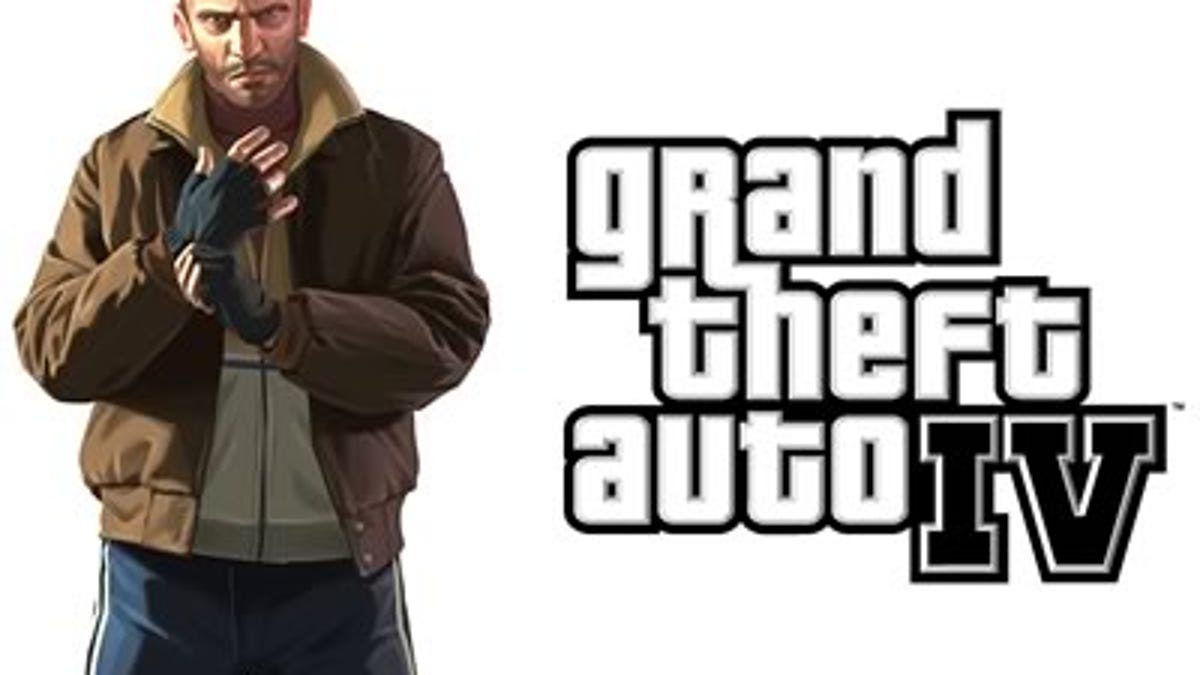A good idea, to a point: Fines for selling M-rated games to minors
Jack Thompson is back in the news with his contention that video game retailers should be fined if they sell M-rated games to minors. Believe it or not, Don Reisinger agrees.

Jack Thompson, the former lawyer who made a name for himself by speaking out against video game violence, is at it again.
Thompson co-authored a bill in the Utah legislature with Rep. Mike Morley that would fine video game retailers a whopping $2,000 each time they sold an M-rated game to a minor. The bill hasn't passed just yet, but the state's Business and Labor Committee voted 10-3 to keep it alive and it's quickly making its rounds in the Legislature.
To clarify some of the finer points in Thompson's bill, Joystiq recently sat down with him for an interview and, as expected, Thompson was unapologetic at what some gamers are calling an outlandish plan.
"The concept is this," Thompson told the video game blog. "If you, the retailer, say that you don't sell mature rated games to someone under 17 then you're in effect engaging in communications with the public and assurances to the public which is definitely advertising, then you have to adhere to that policy.
"The issue becomes the truthfulness of the corporate representations. We're addressing the fraud of deceptive trade practices issue rather than the nature of the product itself. It's an across the board attempt to hold to their word the retailers of music, movies and video games [in any format]."
As much as I can't believe I'm saying this, given my history discussing Jack Thompson, for once, I can't help but agree with him.
Before I get into exactly why I believe this bill should pass, I should first note that a $2,000 fine is absolutely ridiculous. There are "mom and pop" stores all over Utah that are trying to make an honest buck and to charge them $2,000 for a mishap is ridiculous. If anything, maybe the state should make a graduated system where huge retailers like Wal-Mart are charged more than "Bill's Video Game Store." I think that's only fair.
But I also believe that this bill is necessary on many levels. Look, Thompson is right: the Entertainment Software Rating Board created these ratings to put the parent's mind at ease and attempt to make it easier for them to find out which games would be suitable for their children and which games would not. That's why parents should have confidence knowing that this self-imposed rule the video game industry has created will be upheld. After all, what good is a ratings system if every kid in the world can buy "Grand Theft Auto IV" in a matter of seconds?
I also like this bill because it doesn't attack the video game itself. There's nothing written in it that suggests a video game should be kept off store shelves, but it simply says that if advertised warnings about games (in this case, ESRB ratings) are made public, they must be upheld. What's so bad about that?
Kids will be kids and they will want to buy the latest and greatest gory games. In some cases, parents don't want that to happen, so when they go to the games store with their kids and tell them they can't have an M-rated game, they've made the decision that their children are not ready for those games. But when they leave that store and let their kids go to their friend's house, they should feel confident that just in case little Johnny goes back to the same store, he won't be able to walk out with a game his mother said he couldn't have.
Ratings systems on music, movies, and video games are not in place to "protect" children, they're in place to empower parents and give them the opportunity to decide what their children can consume and what they cannot. If video game retailers keep selling M-rated games to 13-year-old kids, parents have lost that power and effectively have no chance to decide what's best for their children.
Say what you will about Jack Thompson and his stances on video game violence, but on this one, I'm with him: ESRB ratings should be upheld.
Check out Don's Digital Home podcast, Twitter feed, and FriendFeed.

